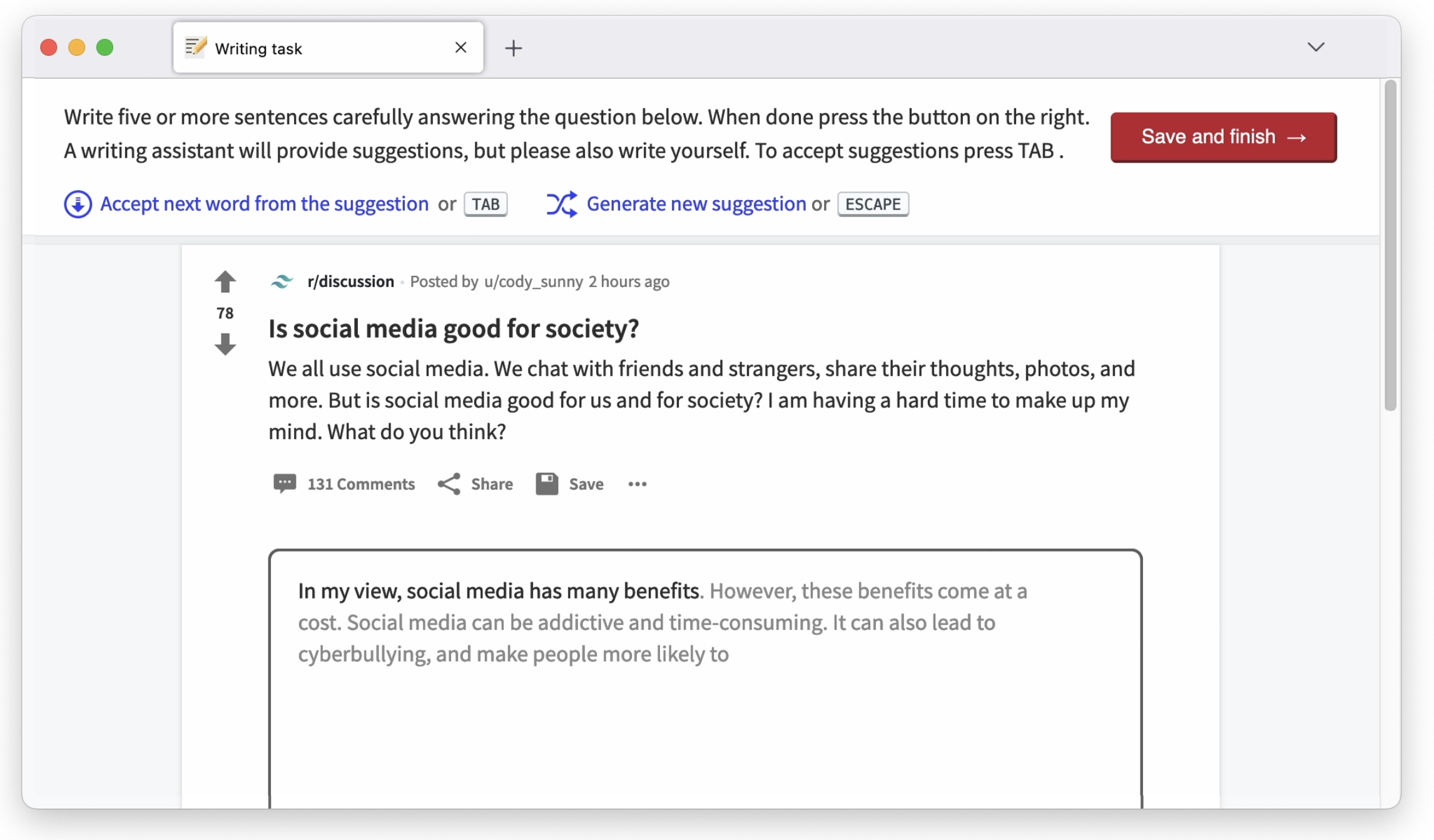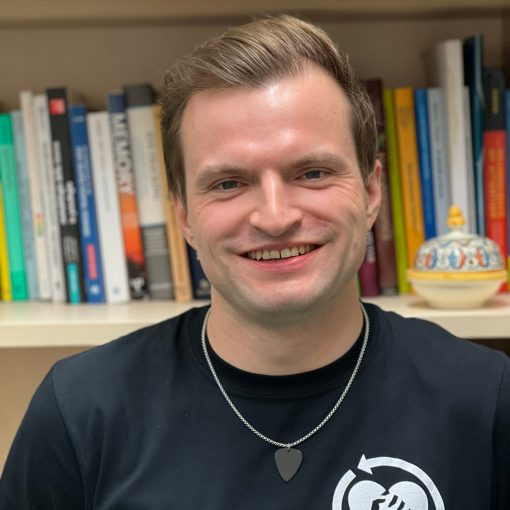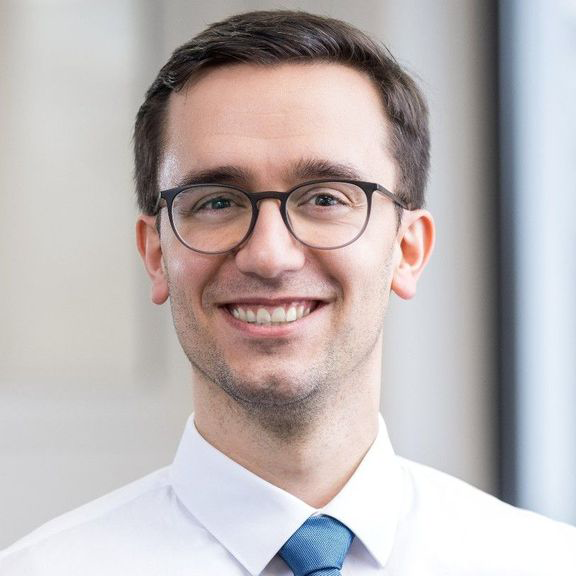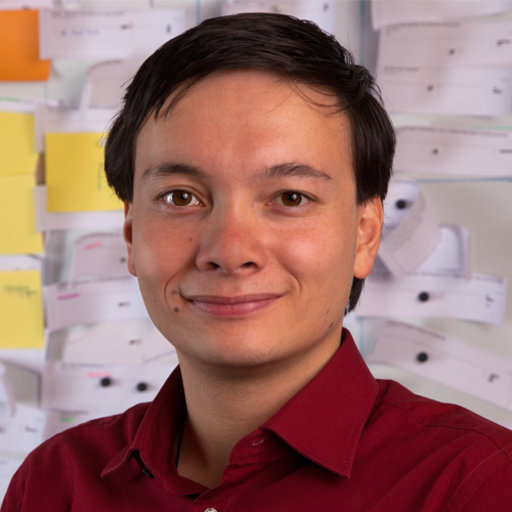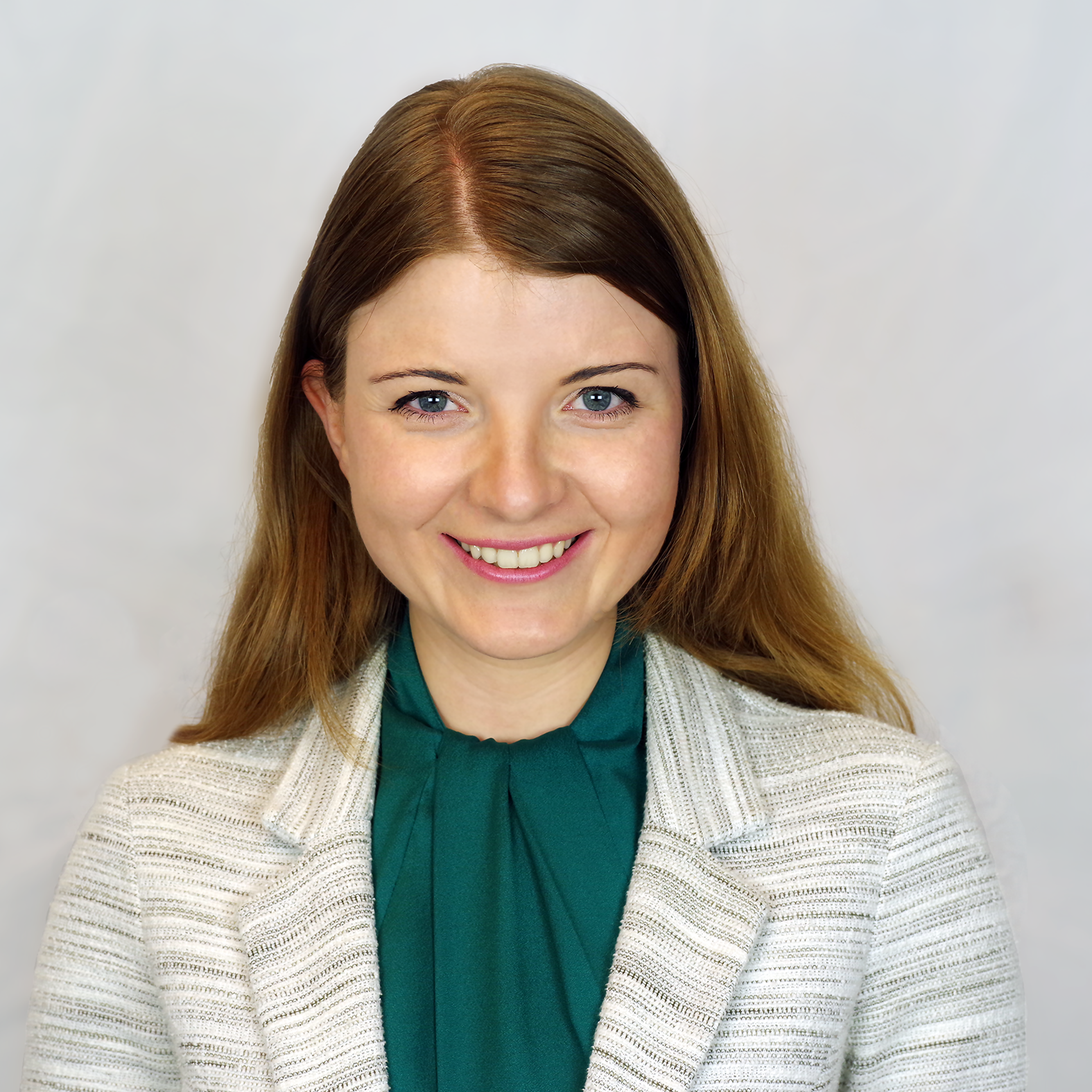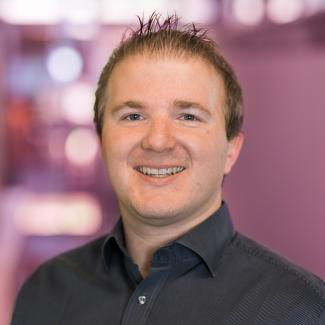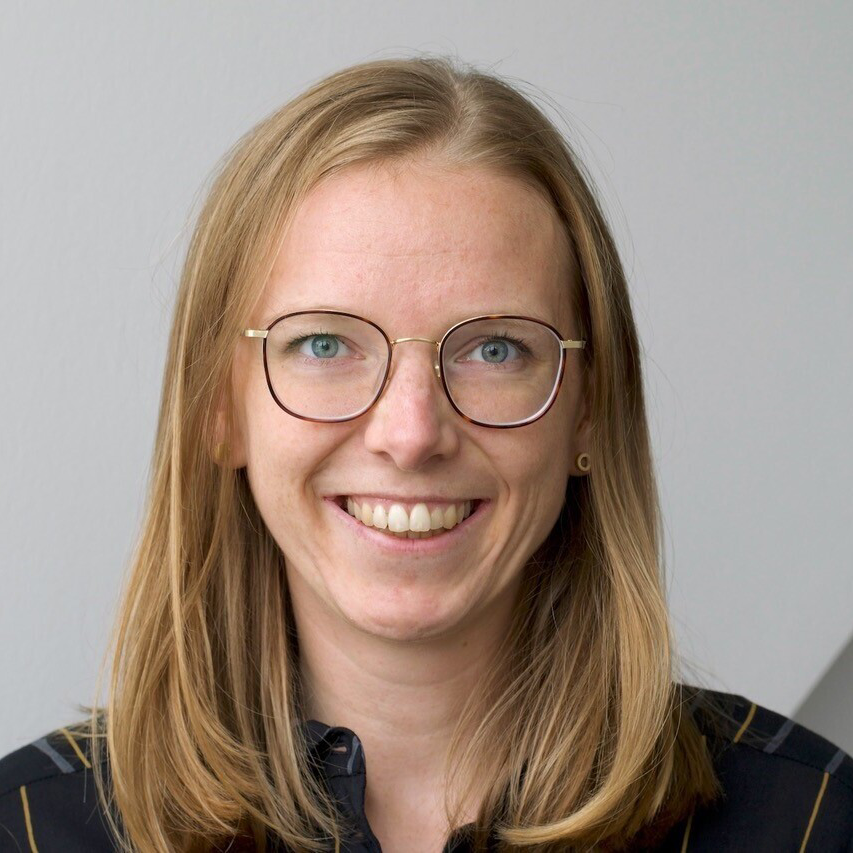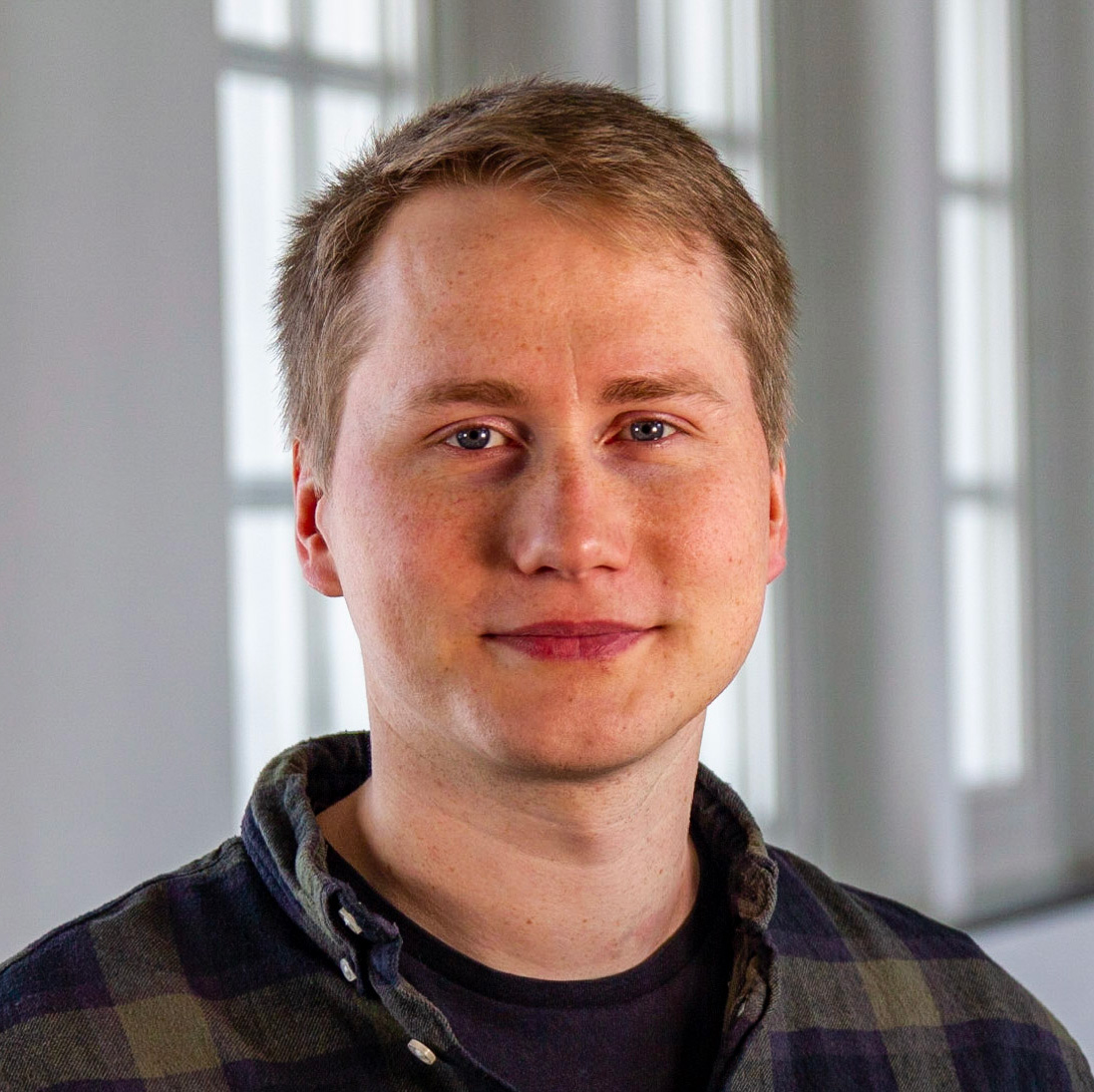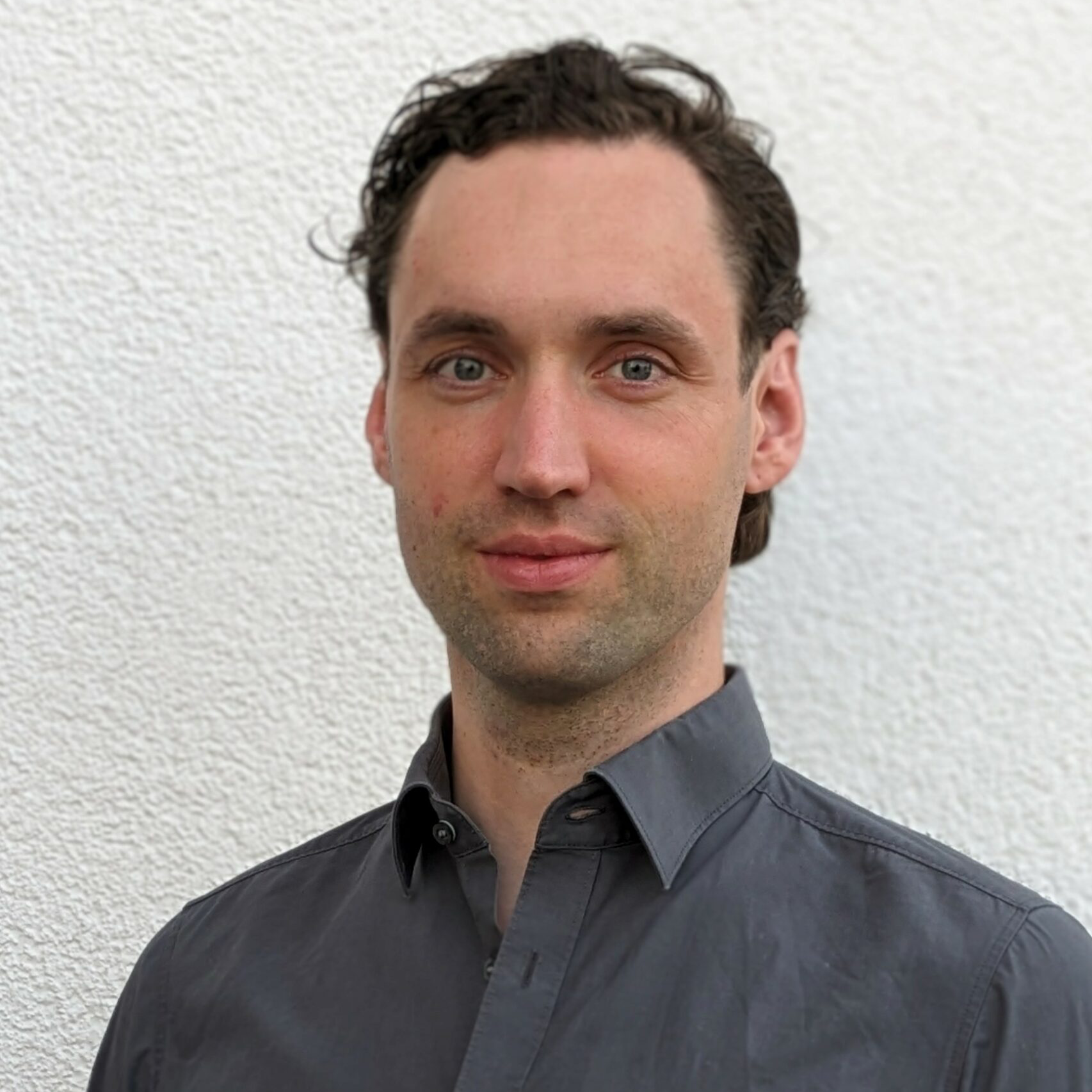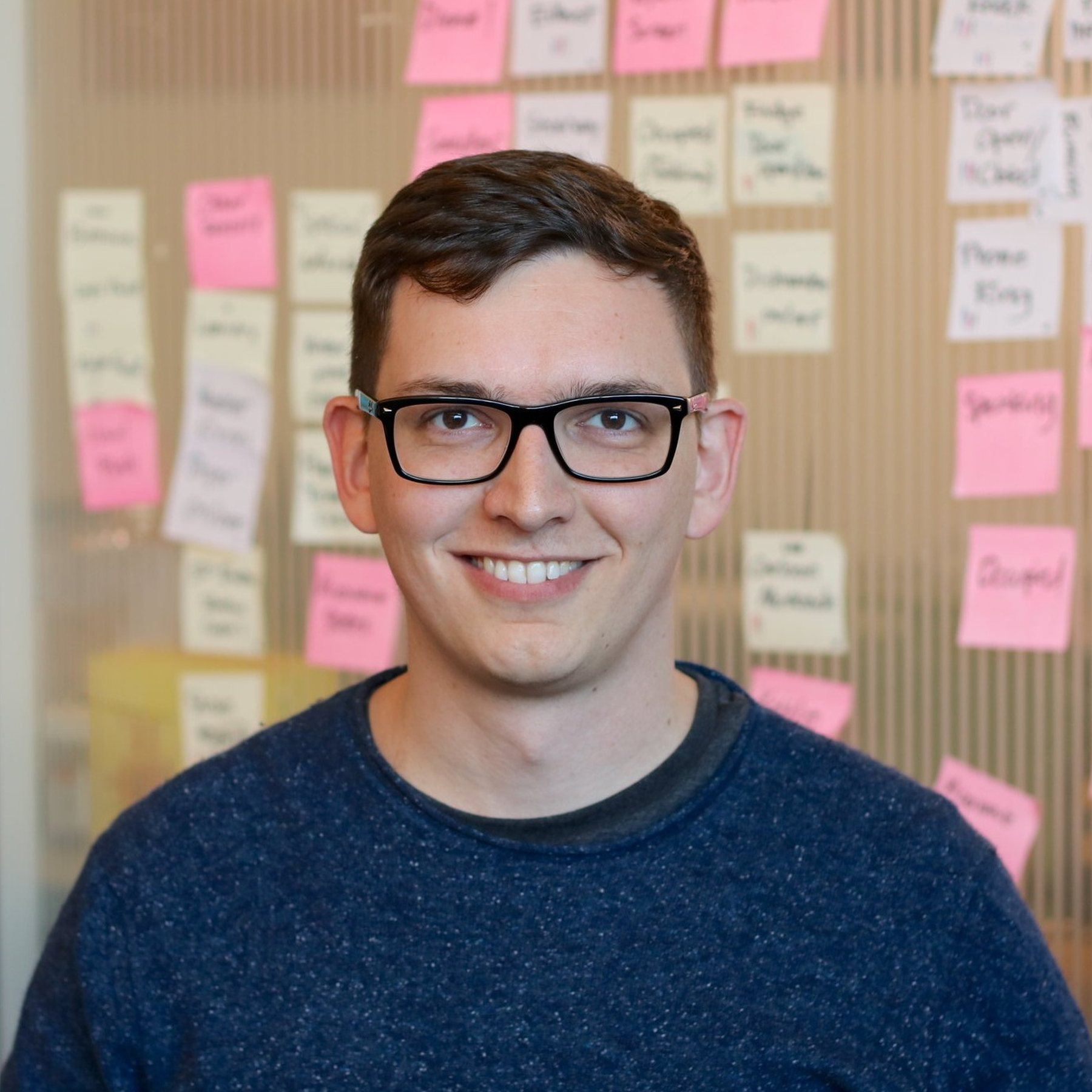Experiences from the Community
Join our workshop at Mensch und computer 2025
September 2025 in Chemnitz
Important dates
30.05.2025 Extended Deadline: 22.06.2025 Submission of contributions for the workshop04.07.2025 11.07.2025 Notification of acceptance- 16.07.2025: Submission for the conference proceedings (short and demonstration papers)
- 31.08.2025: Workshop
Generative AI (GenAI) is transforming academia and industry, reshaping how users interact with digital systems. While tools such as
ChatGPT and Stable Diffusion enable new interaction paradigms, they also introduce ethical challenges such as bias, algorithmic opacity, deskilling, and digital homogeneity. As Human-Computer Interaction (HCI) researchers and practitioners integrate GenAI into user interfaces, we must critically examine whether these technologies empower users or diminish agency by automating cognitive and creative processes. The second edition of the GenAI workshop fosters a critical dialogue on the role of GenAI in interactive systems, particularly concerning user autonomy, skill development, and equitable access. Simultaneously, the workshop explores new use cases for interactive systems. Participants will investigate the impact of GenAI through position papers, research statements, and discussions, synthesizing experiences and strategies from academics and practitioners. The workshop shows responsible and transparent AI integration in HCI design and practice by addressing the possibilities and limitations of GenAI.
We invite contributions from the HCI community, including researchers, interaction designers, visual artists, software engineers, and product developers, to share their experiences and insights on leveraging the potential of GenAI. Participants are encouraged to submit a position paper, which, upon acceptance, will be published on the workshop website and included in the Practical Insights Report. GenAI is reshaping how we conduct HCI research, introducing new methodologies, workflows, and interaction paradigms. This workshop provides a forum to exchange experiences, discuss arising best practices, and collaboratively define procedures for integrating AI-based tools into research and interactive systems.
You can submit your paper to https://www.conftool.pro/muc2025. At least one author of each accepted submission must attend the workshop. All participants must register for the workshop and at least one conference day.
Submissions should follow the ACM two-column format and be a maximum of three pages (excluding references). At least one author of each accepted paper must attend the workshop and register for the conference. Accepted submissions will be published in the GI Digital Library.
